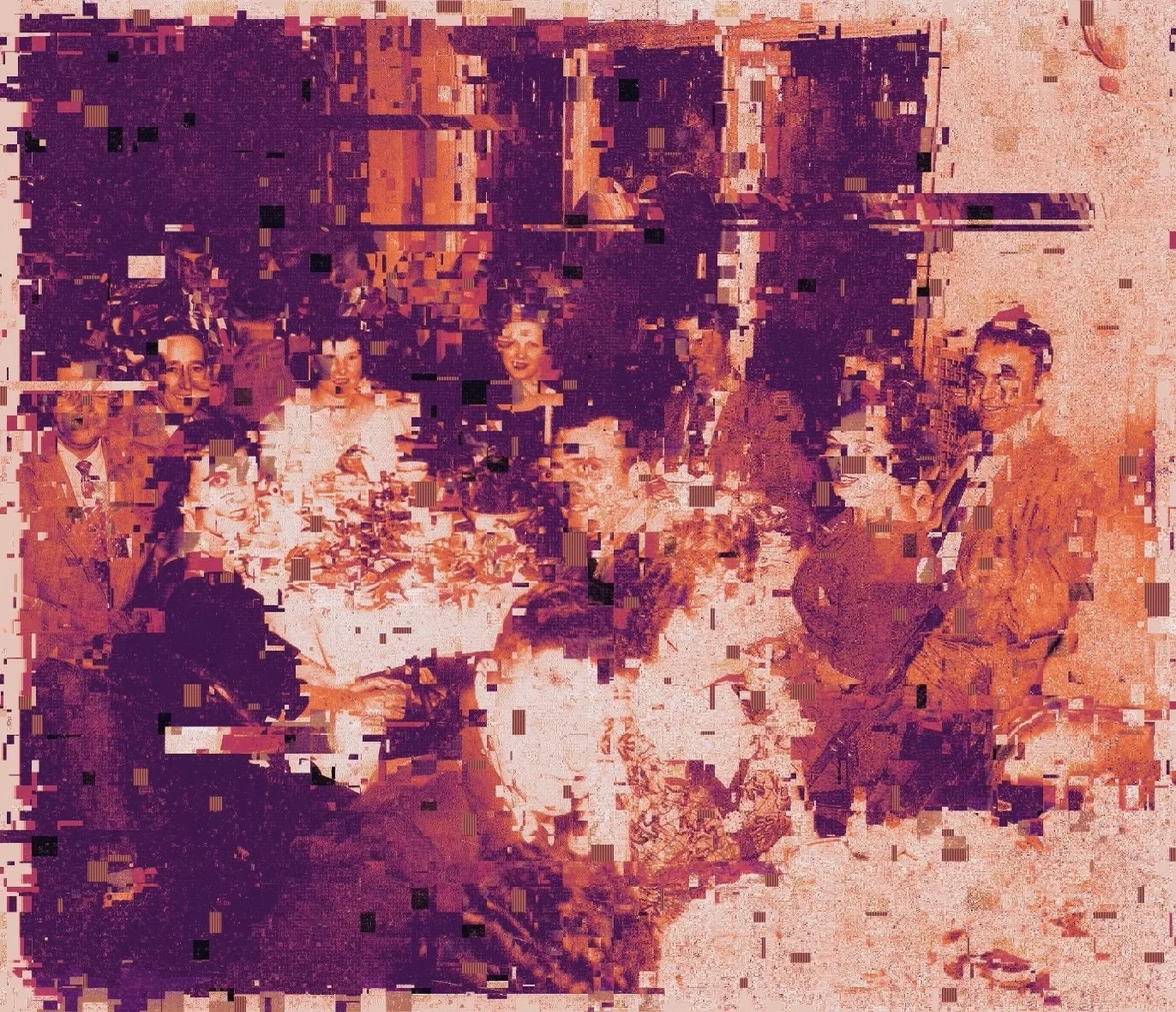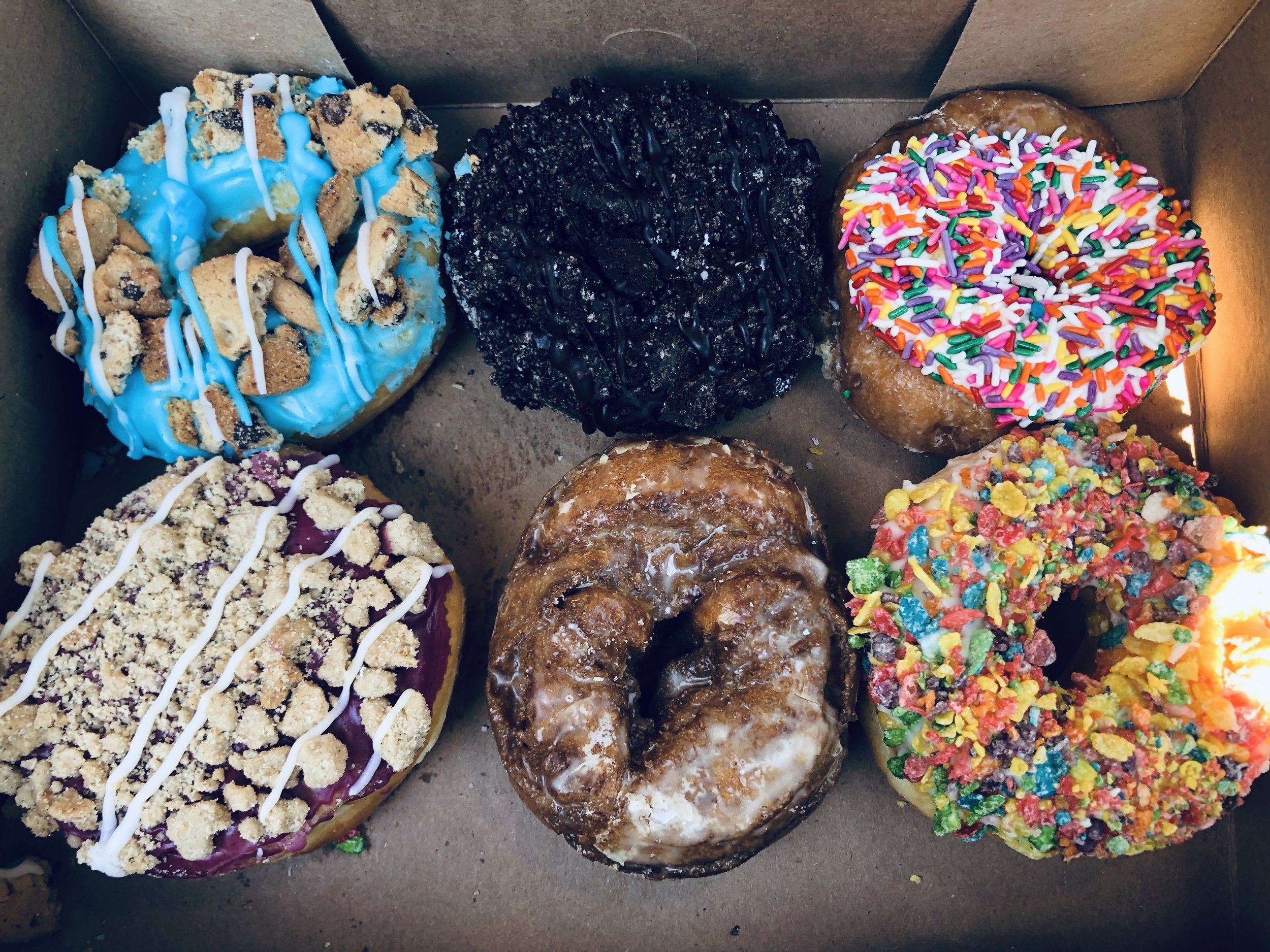INTO THE CHACO
23-24 November 1998
Santa Cruz de la Sierra to Yacuiba, Bolivia
I.
Calling vendors wander this short train. Small net bags of mangos, oranges, apples dangle from wrists. A man leans into each platform-side window: Chicken, chicken for your family, chicken for your children.
Out the window of the only primera clase car, a young Mennonite woman peers. A straw sun bonnet partially shades her stern face. A scarf-headed girl, a blond-haired boy crowd her legs.
The station bell tolls. The locomotive horn blows. More passengers hurriedly board, amid last-minute kisses & chao’s.
Five o’clock p.m. en punto, the final clang … & the slow, slow pull-away of our train … out of the station’s cool shade, into bright sunlight. The deep muffled clunk-click across wooden ties. The echoing squeals around curves into switches that will lead us into the Chaco & south towards Argentina.
Already many drift into sleep or day dreams, into bored stares. Outside, the human world stops. Children wave, dogs bark. Plastic bags caught on bushes & barbed wire fray in the wind. Fires smolder. Birds take flight at our passage.
II. Sunset
The clicking clunk, the echoing squeals across miles of prairies. Sandy soil billows at our heels. The seeded tops of grasses are transparent in the sun nearing the summits of once-distant hills. Swirls of cirrus clouds gather lilac & orchid & snow-tinged honeysuckle.
We stop at & leave Totaicito, & its wattle-&-daub homes. Bib-overalled Mennonite men file through this car. Women & children vendors continue to wander the aisles with baskets.
A señora in the section beyond the mid-car vestibule reads a large Bible in her lap. Her lips softly voice the passages.
This sunset brightens the pale sky in periwinkle & orange. A chorus of cicadas raises its low song.
In Zanja Honda, dusk is darkening the village & plains. The thin sliver moon silvers the deepening blue sky.
The now-tarry-green brush still scrapes the side of this train. Sparse-leaved trees & ragged horizon silhouette against the rose & gold & indigo.
We pass over yet another broad dry river, its light sand paler against this new night. Hundreds of stars float around that crescent-boat moon. The whorp-whorp-whorp of sapos drifts up from the swamps.
As evening nestles us, we slip into intimate conversations. Others fall asleep, leaning against walls. Children sprawl across seats or on the floor.
& somehow they will awaken in time, gather their belongings & step into the dim lights of their station stop.
III. Midnight A horse whinnies, three huge frogs hop away as we enter Charagua. The station is crowded. Women serve meals at small tables lit by oil lamps. Military police check faces. The car is blackened, except for the light of the distant station or of passing locomotives. A soft toll of the bell, a muted blast of horn. Lamps are extinguished. Dogs sniff about as we creep away. But soon we clunk-click & whoosh through the night. A column of grey smoke arcs over these cars. Our lights within & before & whirling red atop the engine mar the ebony world.
IV. Sunrise
The land is just beginning to green & the sky to blue. Pastel colors color the east. It is not quite five. A cacophony of insect & frog song swells in the twilight.
At Tigüipa, chicks peck along the tracks. Beside the old wooden station, a man stands, hat pulled tight, dirty jeans holey-kneed. He crosses his arms against the cool morning.
& in the oriental heaven pool magenta & salmon, cascading into honey.
We zoom across lush prairies & through copses of woods. The new sunlight gilds their canopy.
By the time we arrive at Tahiguati, that yellow-blue ball is well above the horizon.
V.
Rough dark-faced mountains rise to the west.
Villamontes – Mothers & their sleepy-eyes children enter with baskets & jugs. Hay café, empanadas, biscoti.
Leaving behind railroad workers waiting to repair beds. Leaving behind shanty homes. & back into fine-soil dust storms that seep into our cars.
Aguaraicito
Palmar Grande – A windmill stands against the cloudless sky.
Over a died-blood-colored quebrada we hollowly click-clunk. Thin rivulets of water braid.
Sunchal – A young man at the car-end door begins strumming his guitar. Goats laze in the dirt crossroads of this village.
Clang-clang, clang clang. & we roll away from the brick station, our rhythmic bumping across bleached crag-eroded soil.
Caiza
El Palmar
Now 17 kilometers from Yacuiba, less than 20 from Argentina. & yet mile upon searing mile of dense-treed savannah clicks by.
The airstrip sock is limp. Men stack bricks from out of a kiln. Forests fray into neighborhoods. The more-frequent warning horn stops that human world outside.
It is now time for me to gather my belongings & step into the bright light of morning.
Lorraine Caputo is a documentary poet, translator and travel writer. Her works appear in over 300 journals on six continents; and 22 collections of poetry – including On Galápagos Shores(dancing girl press, 2019) and Caribbean Interludes (Origami Poems Project, 2022). She also authors travel narratives, articles and guidebooks. Her writing has been honored by the Parliamentary Poet Laureate of Canada (2011) and nominated for the Best of the Net. Caputo has done literary readings from Alaska to the Patagonia. She journeys through Latin America, listening to the voices of the pueblos and Earth. Follow her travels at:www.facebook.com/lorrainecaputo.wanderer or https://latinamericawanderer.wordpress.com.



















